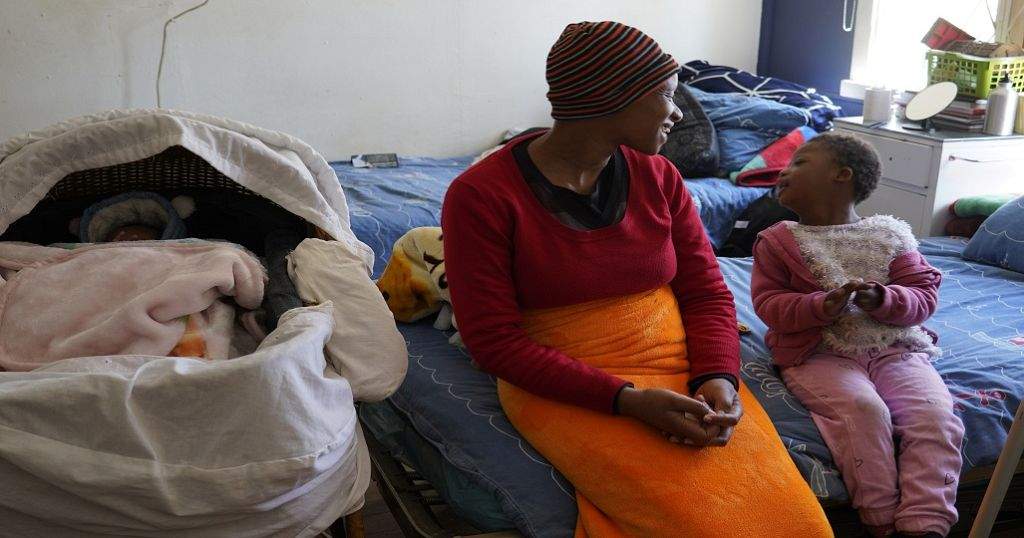Pregnant South African Women’s Awareness Needed to Prevent Mother-to-Child HIV Transmission
Health officials in Gauteng, South Africa are raising the alarm about the still-high number of babies being born with HIV despite available free medication aimed at preventing mother-to-child transmission.
According to data from the first half of the year, Gauteng – with a population of over 15 million, which encompasses Johannesburg and Pretoria – saw the birth of 232 babies diagnosed with HIV. This alarming number reflects the global concern expressed by UNAIDS, reporting 120,000 new infections annually in children under 14 worldwide.
"One case of mother-to-child HIV transmission is too high, given the treatments available," emphasized Melanie Langeveldt, overseeing primary healthcare programs in Tshwane. Langeveldt cited the migrant population, economic factors, and other reasons, acknowledging that a combination of circumstances plays a role.
"Unaware of their HIV status and failing to promptly visit a clinic during pregnancy" are some reasons many women don’t benefit from the available treatment options. Langeveldt underlined the importance of understanding the need to initiate timely treatment and stick to medical guidelines to prevent HIV transmission.
Gauteng province has taken a comprehensive approach, launching campaigns to spread awareness about the preventative measures offered at health facilities, encouraging pregnant women to access testing and antiretroviral therapy, or ART, which have effectively prevented transmission.
Not every mother, however, prioritizes testing. More than 200 pregnant women in Gauteng didn’t benefit from ART this year and over 211 didn’t receive it during the last half of 2023.
To further the impact of ART, South Africa recommends new mothers test every three months while breastfeeding, while urging partners to receive HIV testing too. Positive experiences, such as those shared by Mapule Radebe, reinforce these guidelines. After her birth, Radebe maintained medication for both herself and her child, securing six months of infection prevention for her daughter before gradual monitoring for negative test results ensured a HIV-free infant.
This year, Radebe became a second-time mother, this time birthed an HIV-negative baby, proving prevention efforts, despite concerns around migrant health care, are critical, particularly in countries where around 150,000 infections occur annually, including a significant portion of that on South Africa, known globally for having the second largest number of people with the disease.
For Gauteng’s authorities, as South Africa works to maintain open lines of communication for preventing mother-to-child transmission and combat the staggering national cases, addressing knowledge gaps must remain a crucial concern alongside implementing prevention methods effectively on the ground.
